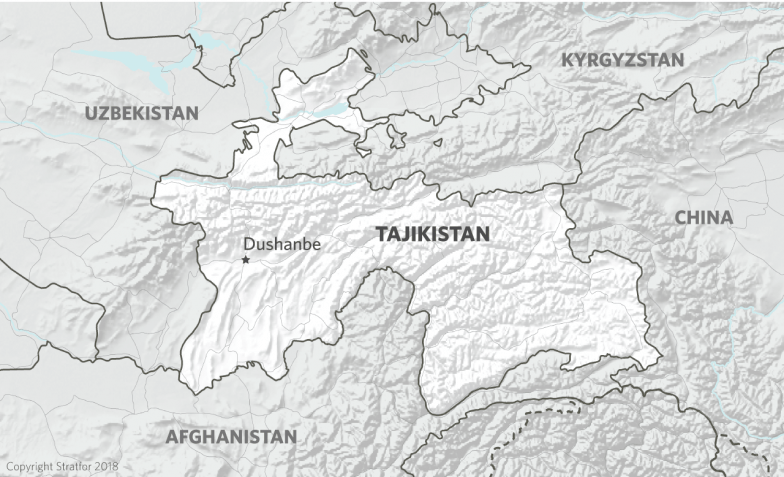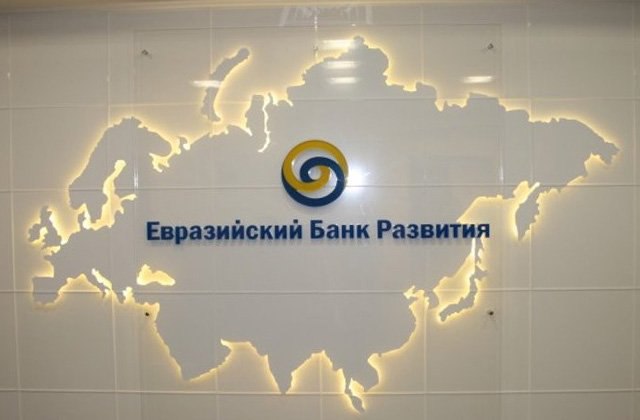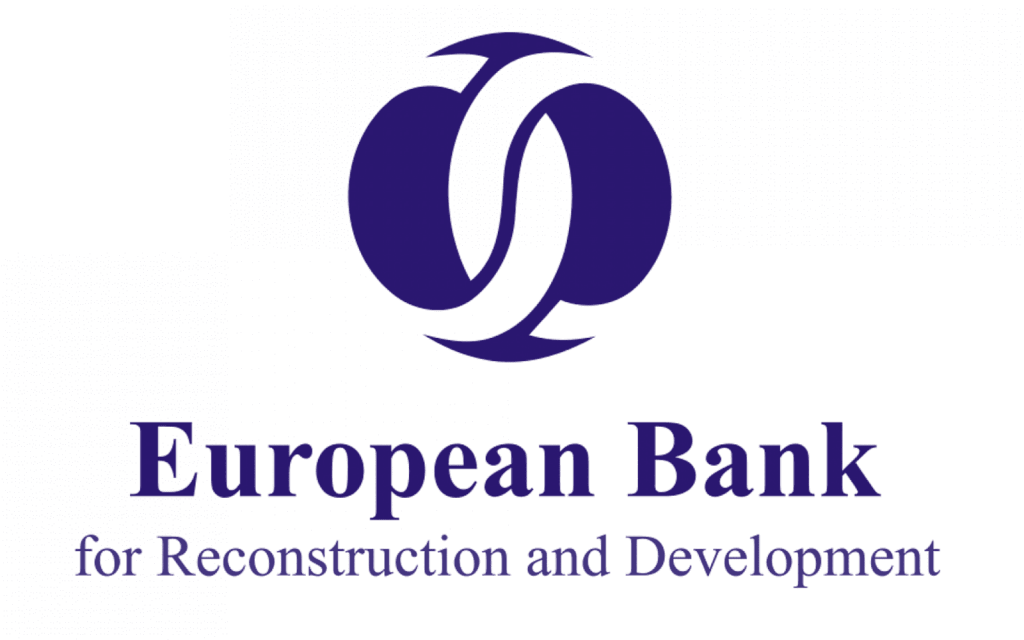DUSHANBE (TCA) — The International Entrepreneurship Forum held earlier this month in Tajikistan has demonstrated a widespread recognition of the potential effectiveness of a reform program that would provide the private sector with sufficient space and security for more dynamic business activities, states Jan-Peter Olters, World Bank Country Manager for Tajikistan, in the following opinion article, originally published on the World Bank website:
This reform program could help to close the remaining financing gap for the country’s ambitious (potentially transformative) energy investments by broadening the tax base and increasing the budget’s reliance on direct taxes. The country’s young and growing population could find improved employment opportunities in high-quality, well-paying jobs within a more diversified economy. Tajikistan’s banking sector—weakened by the 2016 crisis—could become healthy enough to serve as growth engine. Any clear indication of the courage and commitment to turn this key would help to increase bank clients’ trust and confidence, resulting in increased bank deposits, lower interest rates for credits, and higher demand for loans (enabling higher investments and a faster pace of innovation). Tajikistan can achieve all of this, within the context of a sustainable macro-fiscal framework, by permitting entrepreneurs and (potential) investors to take full advantage of the emerging opportunities in the large, now accessible export markets in neighboring countries in Central, South, and East Asia.
In this endeavor, it might prove an advantage that Tajikistan does not need to restructure outdated, overstaffed, and uncompetitive enterprises but focus on promoting “greenfield” investments with most modern equipment, highest standards, and most competitive technology. That, what is largely missing at the moment, however, is the confidence by market participants that Tajikistan is indeed the preferred site of business, one in which to establish a firm, invest in new technology, and—as ultimate motivation of any private business—earn profits.
Scope for Improvements
In support of related reform efforts, the World Bank Group has been providing governments worldwide with important inputs to their own decision-making processes on reform priorities. The annual Doing Business survey, with this year’s results to be published in late October, looks at key factors important to business owners, from enforcing contracts, trading across borders to paying taxes. Over the last years, Tajikistan has made gradual, but consistent progress in its standing relative to 189 economies globally. At the same time, its overall ranking, at 123, points to the scope for considerable improvements in several important areas of the country’s business climate and legal-institutional environment.
During the Annual Meetings in Indonesia [earlier this month – edit.], the World Bank Group has complemented the assessment of the overarching environment by introducing the Human Capital Index—sibling to the Doing Business survey—in an attempt to provide countries with relative comparisons and benchmarks on their relative success in ensuring the highest-possible productivity for the next generation of scientists, entrepreneurs, employees, and workers. For Tajikistan, with same results as Nicaragua, Panama, Paraguay, FYR Macedonia, and Indonesia, it was found that its overall index, while lower than the average for its region, was higher than the average for its income group. Among the results derived, the report shows that a child, born today, would be 53 percent as productive when (s)he grows up as (s)he could be if (s)he enjoyed complete education and full health. With 10.8 years of expected school attendance, the learning-adjusted outcome stands at 7.7 years. This focus stems from experiences that healthy, educated children will contribute to innovation, prosperity, and increased joie de vivre tomorrow, representing a country’s single most productive investment, which will prepare Tajikistan’s youth to be ready to compete and thrive in a rapidly changing world.
These two surveys combined reflect the fact that income, whether national or personal, is earned from the combination of capital (infrastructure, equipment, technology, resources) and labor (education, skill, experience, health). Unlocking the potential in both priority areas jointly—and relying on people’s entrepreneurial instincts, ingenuity, and abilities—would allow Tajikistan to enter onto a virtuous cycle of growth and development, within which inherited challenges can be addressed successfully and the country’s future shaped sustainably. The currently favorable external environment suggests that the time come to turn the key and open the door towards socio-economic development and (shared) prosperity.









